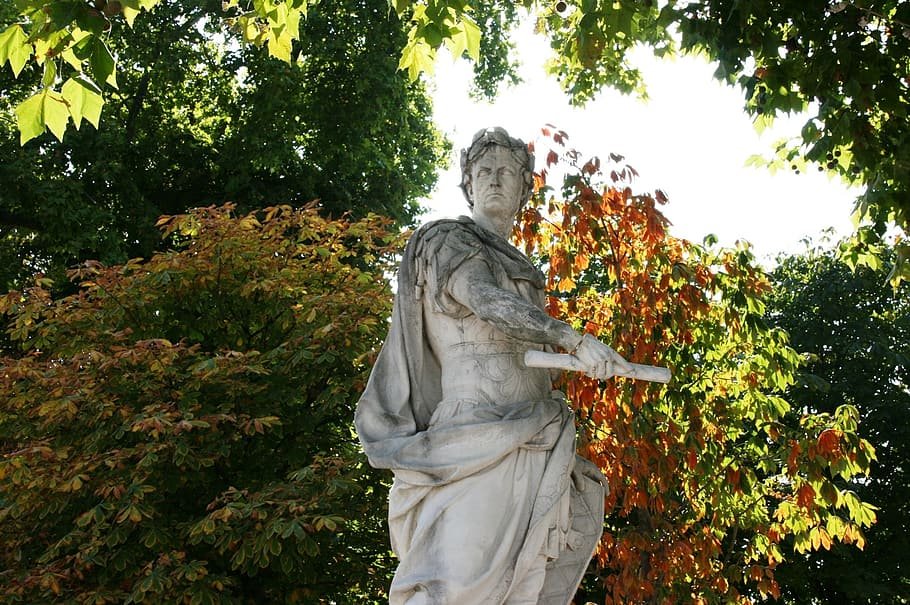Julius Caesar is broadly recognized as one of the most celebrated emperors in history. He was born on 12 July 100 BCE and played a significant part in the change of the Roman Republic into the Roman Domain. For centuries, researchers and history specialists have analyzed and talked about the life and achievements of Caesar, who was both a skilled military leader, a sharp politician, and a forward-thinking reformer. His story is characterized by aspiration, authority, duplicity, and enduring impact on Rome and Western society.
Early Life of Julius Caesar
Julius Caesar was born into the patrician Julii family, a well-known but generally modest aristocratic family in Rome. His early life was formed by the political instability of the time, with civil wars and shifting control structures being the norm. From a young age, Caesar was immersed in the political world, gaining a valuable understanding of Roman politics and society. His education centered on rhetoric, philosophy, and military strategies, which would serve him well in his later career.
Indeed as a young man, Caesar’s aspiration was apparent. He aligned himself with popular political developments and rapidly rose through the positions. His early marriage to Cornelia, the daughter of a prominent politician, also helped solidify his position in Roman society.
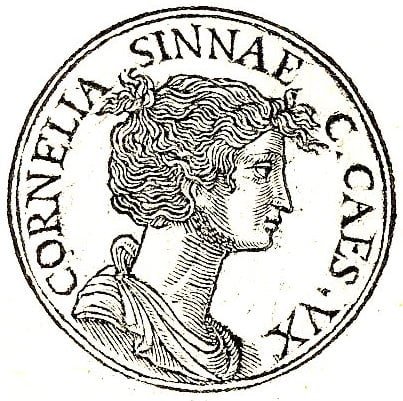
Caesar’s Military Career
Julius Caesar’s military career is incredible. His campaigns are recalled for their strategic brilliance and his capacity to inspire his troops. Caesar’s early military triumphs included his service in Asia and Hispania, but it was his conquest of Gaul (modern-day France) that genuinely cemented his reputation. Over the course of several years, Caesar led Roman armies into Gaul, winning decisive battles and extending Rome’s domain significantly.
During these campaigns, Caesar illustrated extraordinary leadership. He was known for sharing the hardships of his warriors, which earned him their loyalty and regard. His capacity to adapt his tactics based on the circumstance allowed him to outmaneuver and defeat larger, well-organized foes.
Rise to Power
Caesar’s rise to political control was carefully calculated. He established an alliance known as the first Triumvirate with Pompey and Crassus, two of the most powerful men in Rome. This political union allowed Caesar to secure consulship and extend his impact over the Roman Republic. While Pompey provided military strength and Crassus contributed wealth, Caesar’s political savvy allowed him to rule the alliance.
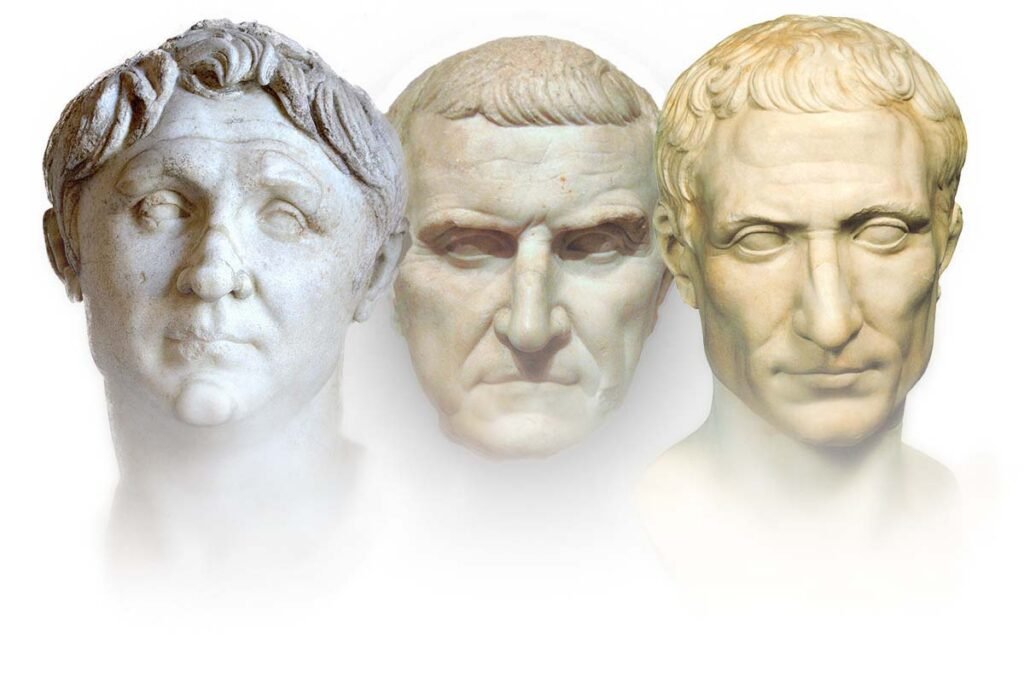
Once in power, Caesar worked to solidify his position by sanctioning changes and leveraging his military achievements. His triumphs in Gaul boosted his popularity among the Roman people, while his alliances secured his hold over the Senate.
Crossing the Rubicon: Caesar’s Defining Moment
In 49 BCE, Caesar made the critical decision to cross the Rubicon River with his armed force, a direct infringement of Roman law. This striking act viably announced war on the Roman Senate and marked the start of the end for the Roman Republic. By crossing the Rubicon, Caesar was committing to a path of conflict, knowing full well that retreat was no longer an option.
This moment is regularly seen as one of the most unequivocal actions in Roman history. The state “crossing the Rubicon” has since become synonymous with making an irreversible choice, and for Caesar, it was driven to a civil war that would culminate in his ascension to dictatorial power.
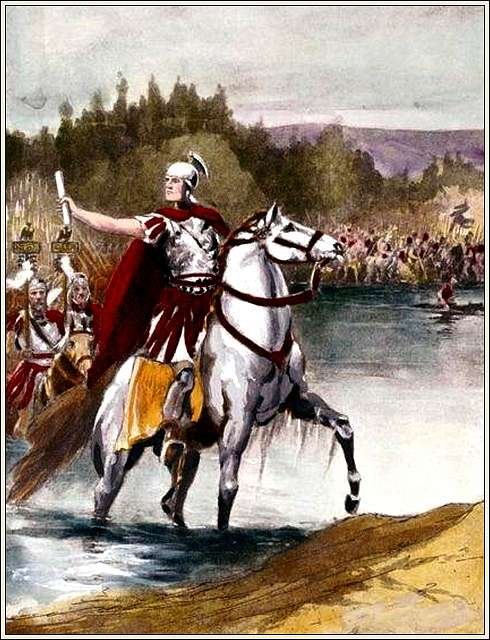
Caesar as Dictator
Once in control of Rome, Julius Caesar became its dictator, a position he held until his death in 44 BCE. As dictator, Caesar executed an arrangement of changes that pointed at stabilizing and reinforcing the Roman state. These included changes to the Roman calendar (presenting the Julian calendar), land redistribution, debt relief, and the reorganization of provincial administration.
However, Caesar’s rapid aggregation of control sparked concerns among Rome’s elite. Many dreaded that his extreme goal was to crown himself king—a title that was profoundly unpopular in a society that prided itself on its republican values. Despite his efforts to depict himself as a reformer, Caesar’s authoritarian tendencies led to growing hatred.
The Assassination of Julius Caesar
The event of Caesar’s death on March 15, 44 BCE, is considered one of the most emotional occasions in old history. A group of Roman envoys, driven by Brutus and Cassius, formulated a plot to kill Caesar with the objective of reestablishing the Republic. The plotters thought that killing Caesar might stop the foundation of a monarchy.
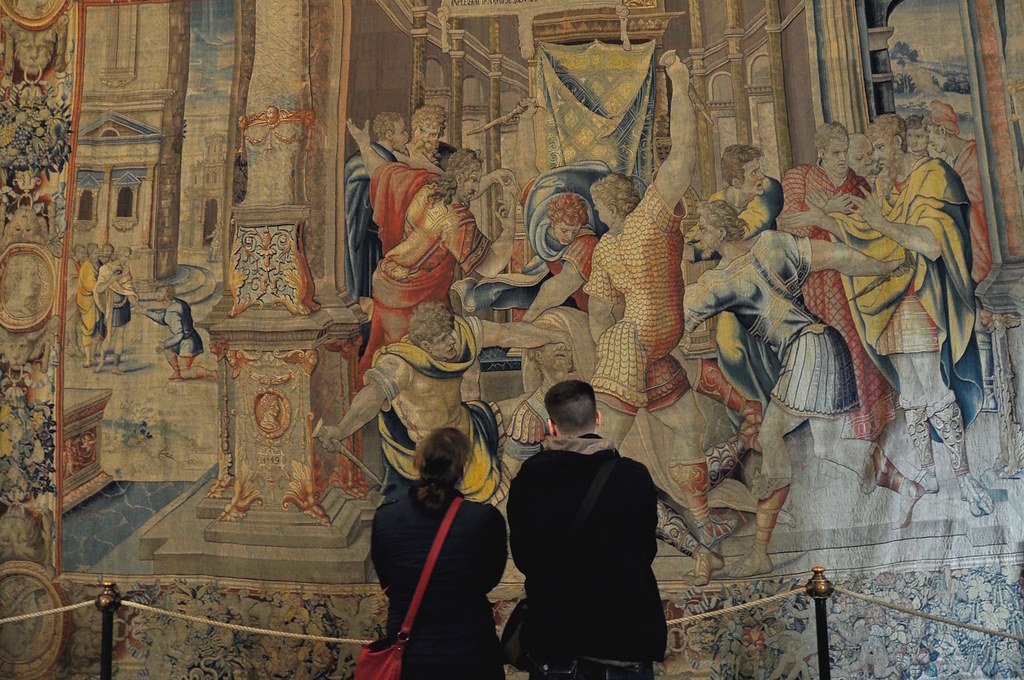
On that awful day, Caesar received 23 stab wounds in the Senate chambers. His passing stunned the Roman Realm, but it did not bring back the Republic as the conspirators had expected. Rather, it sent Rome into a new cycle of internal clashes.
Aftermath of Caesar’s Death
After Caesar passed away, Rome descended into turmoil. Caesar’s partners and enemies engaged in a control struggle following his passing due to the void in leadership. This eventually resulted in the ascension of Octavian, Caesar’s great-nephew, and adopted successor, who afterward became known as Augustus. Octavian’s triumph in the ensuing civil wars signaled the conclusion of the Roman Republic and the starting of the Roman Realm.
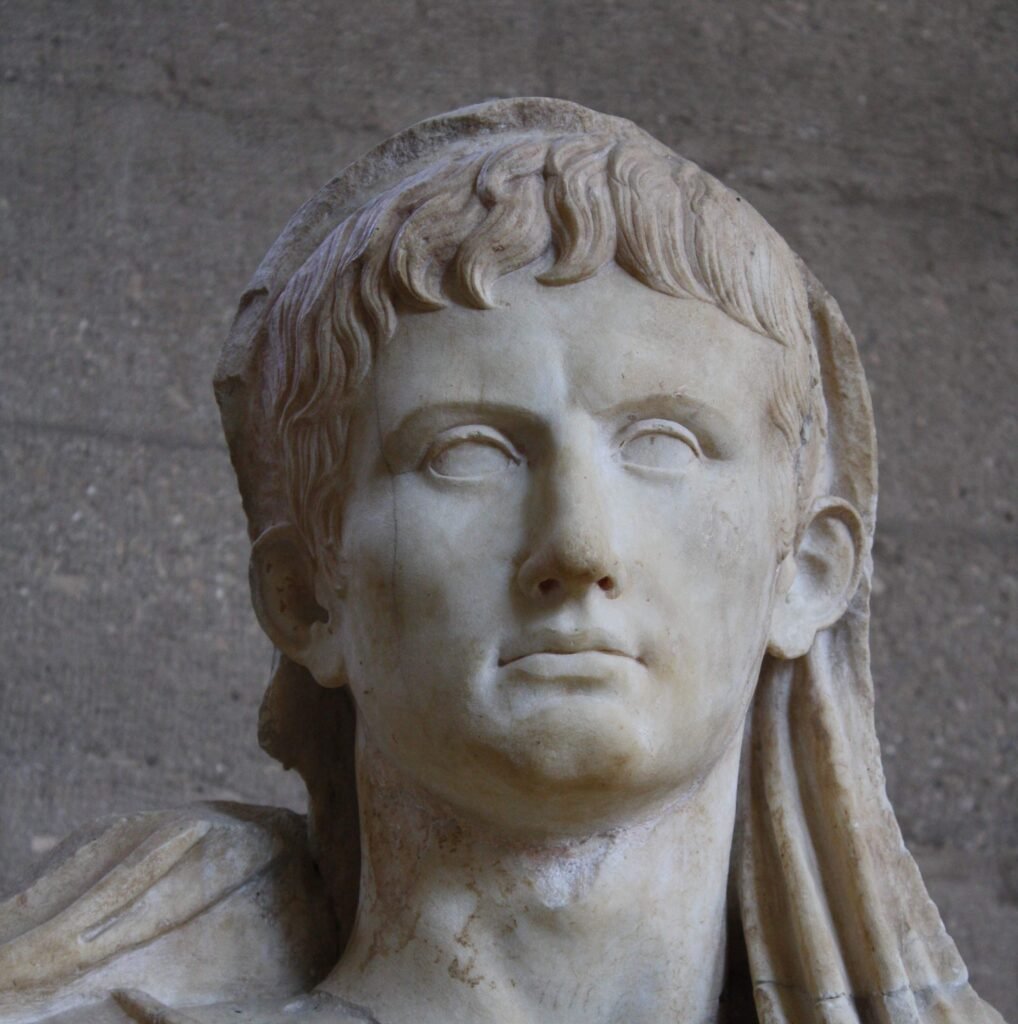
Caesar’s Reforms and Legacy
Julius Caesar’s legacy isn’t only characterized by his military victories but also by his broad changes. One of his enduring achievements was the creation of the Julian calendar, which settled mistakes in the past Roman calendar and laid the basis for the present-day Gregorian calendar. His political and social changes, though flawed at the time, laid the foundation for the future Roman Domain.
Julius Caesar and Roman Culture
In addition to his political and military achievements, Caesar was a man of culture. He was an accomplished writer, known for his commentaries on the Gallic Wars, which are still studied for their clarity and prose style. His ability to blend political ambition with intellectual pursuits made him a well-rounded leader.
The Influence of Julius Caesar on Western Civilization
The impact of Julius Caesar expands far beyond his lifetime. His leadership style, military procedures, and political changes have been studied and emulated by leaders all through history. His centralization of power and the move from Republic to Domain have been subjects of interest for historians and political theorists alike.
Julius Caesar in Popular Culture
Julius Caesar’s life has motivated countless works of literature, theater, and film. Maybe the most popular portrayal is in William Shakespeare’s play Julius Caesar, which immortalizes the dramatization of his assassination and the occasions leading up to it. This play has had a significant impact on how subsequent eras perceive Caesar and his legacy.
Myths and Misconceptions About Julius Caesar
Despite his popularity, numerous misconceptions surround Julius Caesar. One common myth is that he aimed to become king, though there’s little evidence to support this. Another misconception is that his death was all around celebrated in Rome when in reality, many Romans were stunned and disillusioned by his passing.
Lessons From Julius Caesar’s Life
Julius Caesar’s life offers important lessons in leadership, aspiration, and procedure. His capacity to inspire loyalty, adapt to changing circumstances, and take calculated risks contributed to his victory. However, his ruin also serves as a cautionary story about the threats of overextending power and the significance of balancing aspiration with humility.
Conclusion
Julius Caesar’s life and legacy proceed to resonate over the ages. His contributions to military technique, political changes, and leadership remain powerful, making him a figure of both admiration and discussion. As one of the most popular figures in world history, Caesar’s impact on Rome and Western civilization is evident, and his story will proceed to be told for generations to come.

